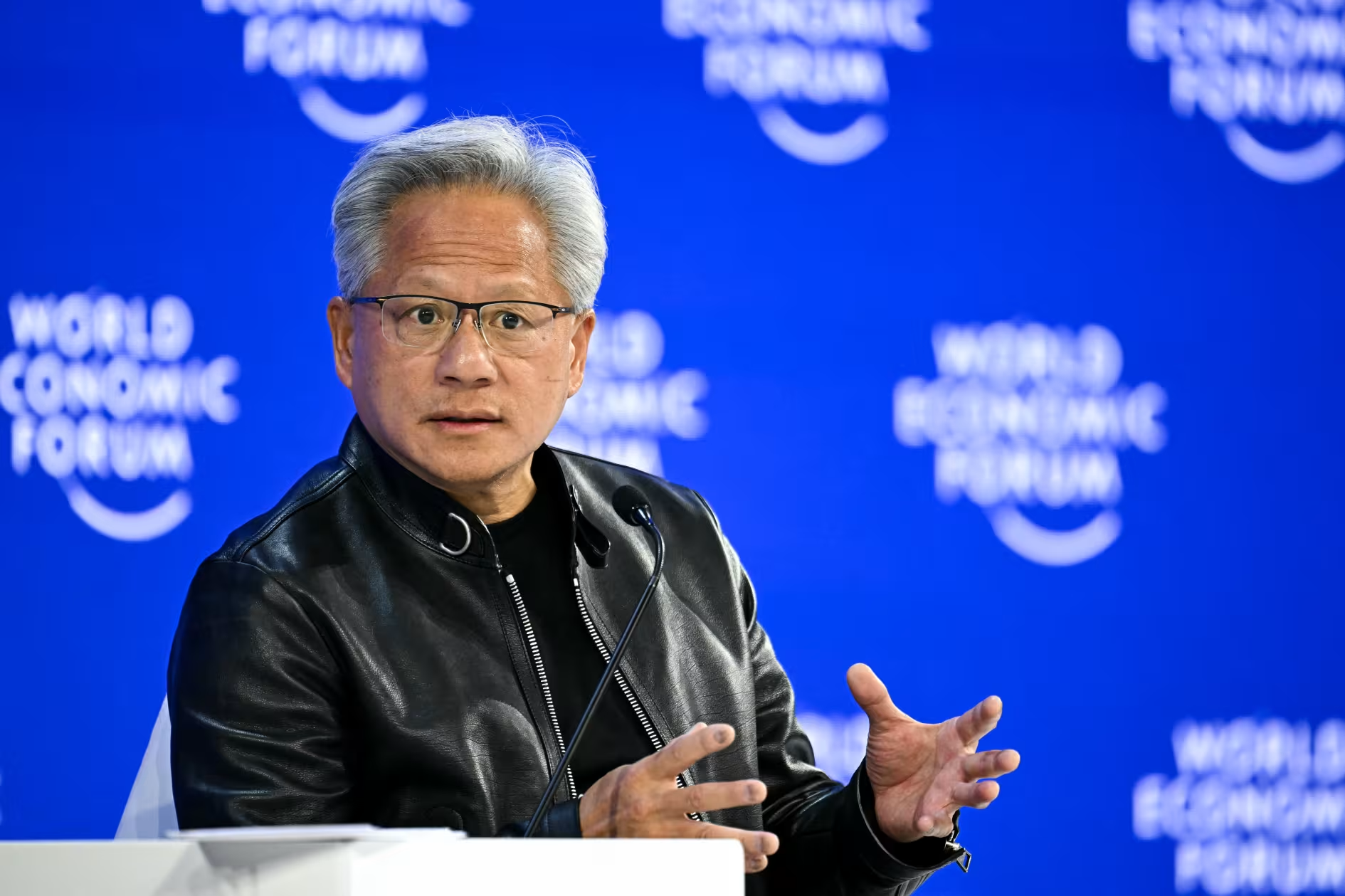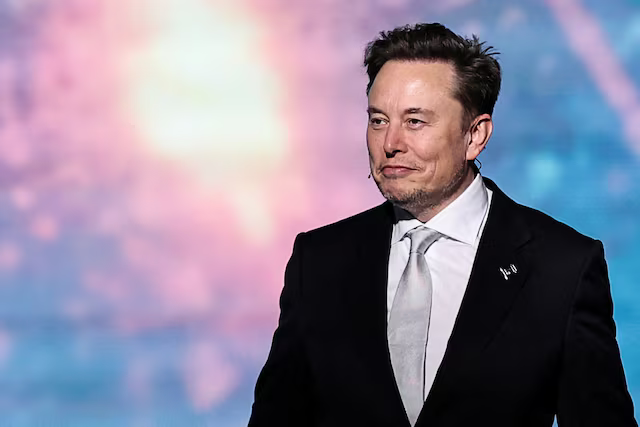Elon Musk’s satellite internet venture Starlink has received preliminary approval from India’s Department of Telecommunications to offer commercial services, according to two sources familiar with the matter, Reuters reports.
The decision marks a key milestone for the company, which has long sought entry into one of the world’s largest and most underserved internet markets.
The licence positions Starlink as the third satellite communications (satcom) firm to receive such authorization in India, joining Eutelsat’s OneWeb and Reliance Jio. However, the company must still navigate additional regulatory steps before it can begin offering services to Indian consumers.
According to one source, Starlink now awaits approval from India’s space regulator and must secure spectrum allocation, build ground infrastructure, and pass security assessments through trials and testing. Only after completing these steps will the company be allowed to sell its terminals and offer services commercially. The process is expected to take several months.
Neither Starlink nor the Department of Telecommunications commented publicly on the development.
The approval comes at a time when Musk is engaged in a high-profile dispute with US President Donald Trump over government contracts worth $22 billion. Despite the political headwinds in the United States, the India approval provides a potential growth opportunity in a key international market.
Musk has previously met with Indian Prime Minister Narendra Modi to discuss Starlink’s potential in the country and address government concerns, particularly related to data security and compliance standards.
India’s satellite broadband market is forecast to grow significantly, with Deloitte estimating it could reach a value of $1.9 billion by 2030. That projection has attracted interest from global firms such as Amazon’s Kuiper project, which is also awaiting regulatory clearance.
Competition in the Indian satcom space remains intense. Domestic telecom giants Reliance Jio and Bharti Airtel have each made moves to expand into satellite-based connectivity. Jio and Airtel recently partnered with Starlink to offer its hardware through their retail outlets, although they remain competitors in the broadband service space.
Starlink’s entry has not been without controversy. Musk and Reliance Jio’s parent company, led by billionaire Mukesh Ambani, were at odds for months over how spectrum for satellite services should be allocated. Ultimately, the Indian government backed Starlink’s view that spectrum should be assigned rather than auctioned, a stance welcomed by international firms but criticized by local players.
In a related regulatory development, India’s telecom regulator in May proposed a 4% annual revenue fee for satellite service providers—a rate that domestic operators argue is disproportionately low and could undermine their competitiveness.










The latest news in your social feeds
Subscribe to our social media platforms to stay tuned